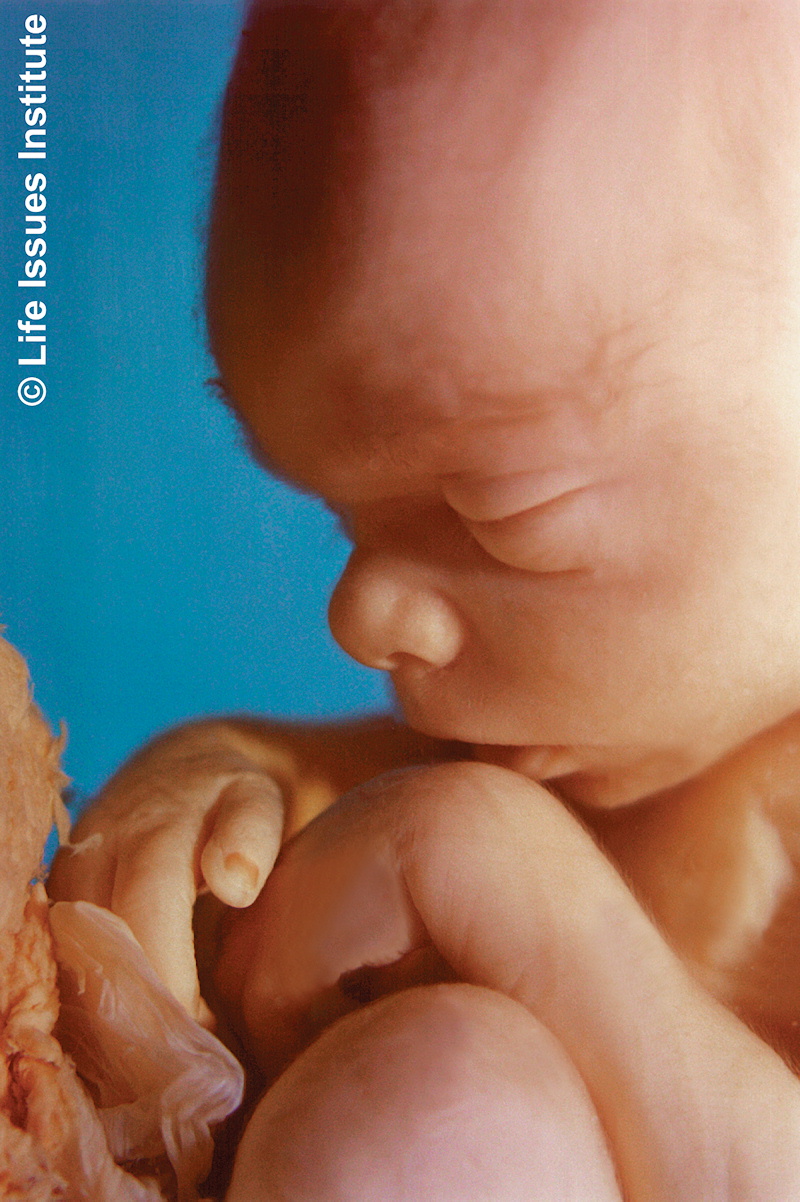“I’m just concerned this abortion legislation de-humanizes and objectifies women, turning them into mere incubation machines for babies.”
It was a strange objection to hear from the black, female, Democratic State Representative sitting on the Judicial Non-Civil Committee considering Georgia House Bill 954, legislation that has become known as “the Fetal Pain Bill.” If anyone should be able to appreciate the horror of discrimination against babies in the womb, one would think a member of a “double minority” (black + woman) would, but on this day, two black, female Democrats were tag-teaming to pummel those speaking in favor of the bill with questions and objections.
 One of these State Representatives said she’s so upset with pro-life legislation like the Fetal Pain Bill (which in her opinion, “legislates women’s reproductive rights”) that in protest, she introduced a counter bill that would ban Georgia men from having vasectomies. Regardless of whether someone likes the idea of vasectomies, of course, no one believes that a vasectomy kills a human person. But these kinds of red-herring arguments are a common way that anti-life opponents are now attempting to obscure the child.
One of these State Representatives said she’s so upset with pro-life legislation like the Fetal Pain Bill (which in her opinion, “legislates women’s reproductive rights”) that in protest, she introduced a counter bill that would ban Georgia men from having vasectomies. Regardless of whether someone likes the idea of vasectomies, of course, no one believes that a vasectomy kills a human person. But these kinds of red-herring arguments are a common way that anti-life opponents are now attempting to obscure the child.
When Dr. Emideo Novembre, a board-certified anesthesiologist and pain management expert, came before the committee to confirm that a baby in the womb is at 20 weeks fully capable of experiencing pain, these ladies questioned his credentials and insisted that he could not be telling the truth–yet they produced no experts of their own.
“The fetus not only feels [pain], but it’s actually more excruciating than how anyone else feels pain,” Dr. Novembre said, noting that a 20-week-old baby has developed the mechanisms for experiencing pain, but not the endorphins for dampening it. Dr. Novembre explained that endorphins operate in our human bodies as natural morphine to reduce the shock of pain. Babies at 20 weeks don’t have that “natural morphine.”
The Fetal Pain Bill passed out of committee and comes before the Georgia House of Representatives today. Georgia is not the only jurisdiction considering “fetal pain” legislation. A similar bill has gotten bogged down in the Virginia legislature, but D.C. and Arizona have been making headway in moving their own versions of the legislation forward. Six states have already passed fetal pain legislation.
Fetal pain legislation takes a different tack. Rather than combating abortion by centering on the question of personhood–as efforts to overturn the rulings of Roe v. Wade and Planned Parenthood v. Casey have–this effort focuses on measuring pain as a basis for outlawing abortion. Knowing that a baby can deeply feel the excruciating methods used to accomplish clinical abortion drives the abortion cruelty home for many people.
Pro-life supporters believe this tack will not only bring greater empathy to the effort, but will also avoid falling awry of the many legal loopholes other efforts to constrict abortion have faced. Rep. Doug McKillip (R-Athens) has also worked carefully to ensure that nothing in the language of his H.B. 954 would inadvertently give legal authority to any abortions in the Georgia State Code.
Since Roe v. Wade, it has been the federal courts, not an act by any legislature, which have forced the legalizing of abortion on the states. In response, many pro-life states have passed legislation such as The Woman’s Right to Know in order to constrict abortion as much as possible within the rules the federal courts have set.
Until the day when the personhood of the child in the womb is legally protected, initiatives such as Georgia’s fetal pain measure are helpful ways for states to minimize the number of abortions performed in our nation.







